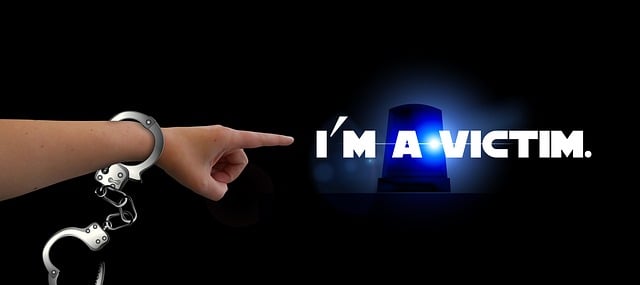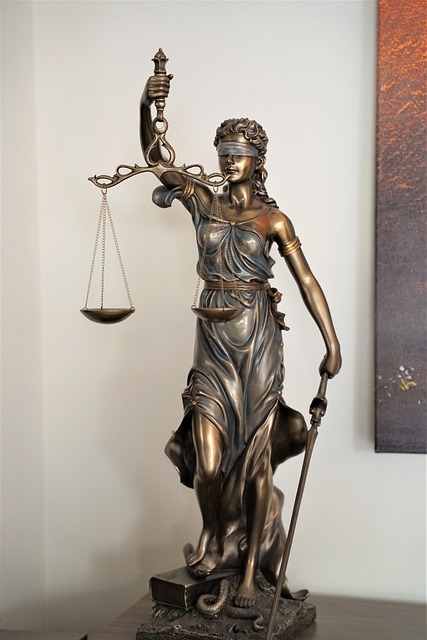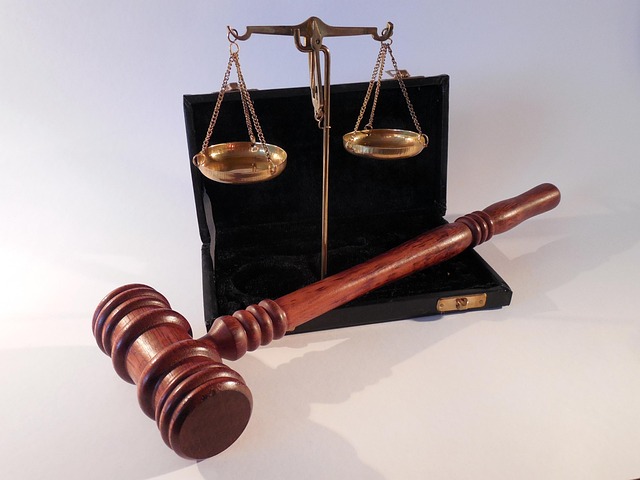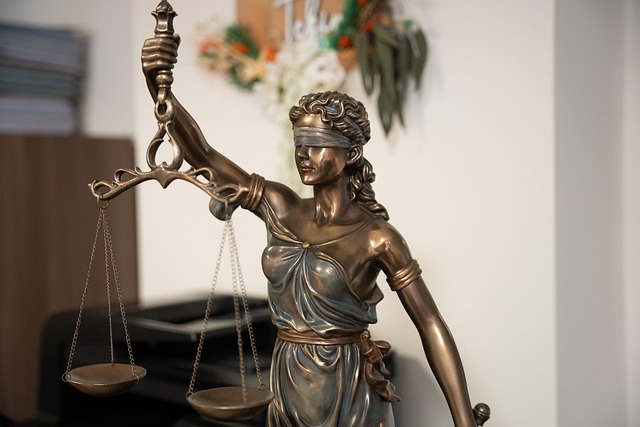The impact of jury demographics on verdicts is crucial for ensuring justice in criminal law enforcement. Demographic diversity enriches deliberations, reduces bias, and leads to fairer decisions, especially in complex financial offenses. Recognizing subtle influences like racial and economic disparities helps achieve equality, rectify historical inequities, and build public trust in the justice system. Strategies for fair trials should focus on balanced jury composition and inclusivity, informed by community context, to enhance judicial integrity.
Criminal law enforcement is a cornerstone of any just society, ensuring public safety while upholding fairness. This article delves into the intricate world of criminal justice, focusing on key aspects that shape its integrity. We explore “Understanding Criminal Law Enforcement” as a foundational concept for justice, scrutinize the “Role of Jury Composition” to uncover biases and diversity’s impact on verdicts, and delve into “Strategies for Fair Trials” to ensure equality in the courtroom, all while highlighting the critical connection between jury demographics and final judgments.
- Understanding Criminal Law Enforcement: A Foundation for Justice
- The Role of Jury Composition: Uncovering Bias and Diversity Impact
- Strategies for Fair Trials: Ensuring Equality in the Courtroom
Understanding Criminal Law Enforcement: A Foundation for Justice

Understanding Criminal Law Enforcement is paramount to ensuring justice prevails. At its core, criminal law enforcement involves a delicate balance between protecting societal norms and safeguarding individual rights. It’s a comprehensive process that encompasses all stages of the investigative and enforcement process, from initial reporting and investigation to prosecution and sentencing. This intricate system relies on a diverse range of professionals—from police officers and prosecutors to judges and jurors—each playing a crucial role in upholding the law.
A vital component often overlooked is the impact of jury demographics on verdicts. Diversity within juries brings a multitude of perspectives, which can enrich deliberations. However, research suggests that demographic factors can subtly influence decision-making. For instance, studies have explored how racial and economic disparities may impact perceptions of white collar and economic crimes, such as fraud or embezzlement. Understanding these subtleties is essential for ensuring fairness, particularly in cases involving complex financial offenses where the lines between right and wrong can be blurred.
The Role of Jury Composition: Uncovering Bias and Diversity Impact
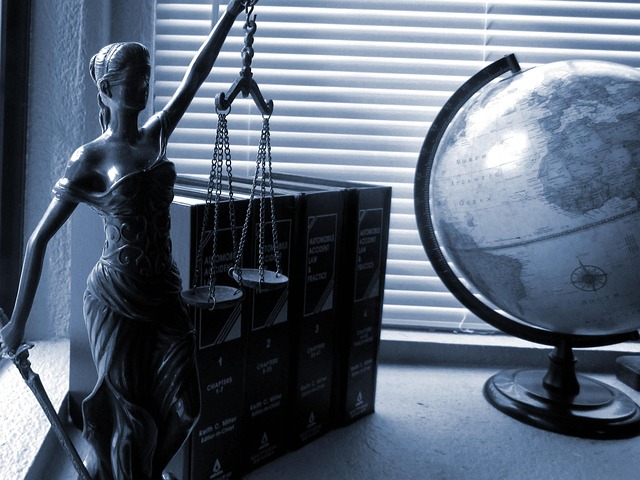
The composition of juries plays a pivotal role in the criminal justice system, as their demographics can significantly impact verdicts. In today’s diverse society, ensuring a balanced jury is essential to upholding fairness and equality throughout all stages of the investigative and enforcement process. Studies have shown that racial, ethnic, and gender diversity on juries can lead to more thoughtful deliberations and reduce bias, ultimately resulting in more just outcomes for both victims and accused individuals.
When jurors reflect the community they serve, it fosters an environment where different perspectives are considered. This is particularly crucial when winning challenging defense verdicts for his clients, as it allows for a broader range of experiences to shape their understanding of the case. By embracing diversity, the criminal justice system moves closer to addressing historical inequities and ensuring that every person receives a fair trial.
Strategies for Fair Trials: Ensuring Equality in the Courtroom

Ensuring fairness in criminal law enforcement is paramount, especially when it comes to the courtroom experience. Strategies for fair trials focus on maintaining equality and impartiality throughout the legal process, from jury selection to verdict delivery. One significant aspect to consider is the impact of jury demographics on verdicts. The diversity of a jury can influence its decision-making, bringing different perspectives and experiences to bear on the case. This diversity is crucial in ensuring that general criminal defense strategies are not only effective but also just.
A balanced jury composition can mitigate potential biases and ensure that the rights of both the accused and the prosecution are protected. By promoting inclusivity and understanding among jurors, fair trials become more attainable. This includes considering the demographic makeup of the community where the crime occurred, as well as the broader societal context, to assemble a jury that reflects the range of viewpoints present in the case’s jurisdiction. Such efforts enhance the integrity of the judicial system, fostering public trust and confidence in the outcomes of jury trials, even when facing complex or contentious cases involving the complete dismissal of all charges.
Criminal law enforcement is a complex system that demands fairness, equality, and an understanding of diverse community dynamics. As we’ve explored, the impact of jury demographics on verdicts cannot be overlooked. By ensuring a balanced and representative jury composition, we can significantly enhance the fairness of trials. Implementing strategies to mitigate bias and promote diversity is crucial for upholding justice and protecting the rights of all individuals within our legal system. These efforts are essential steps towards creating a more equitable and just society.
